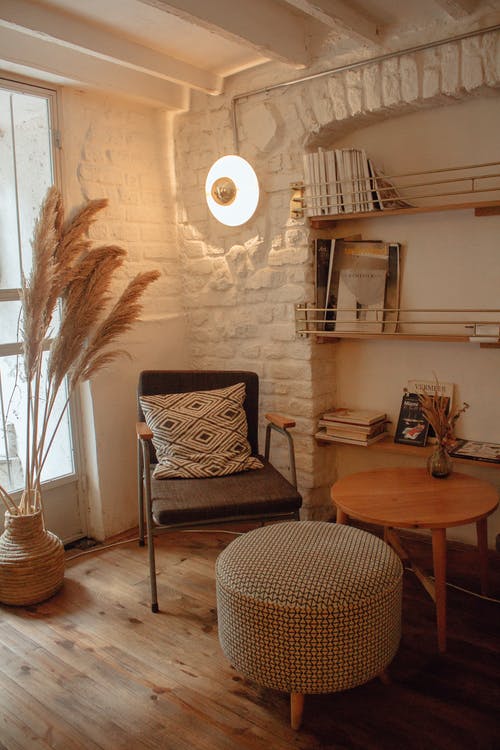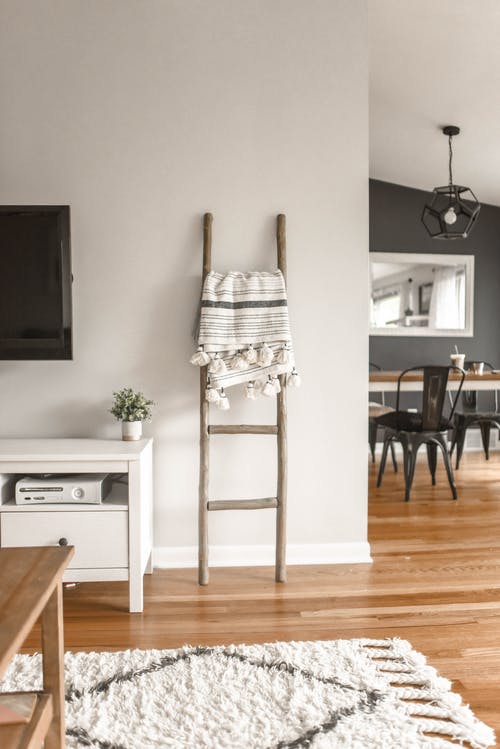Mental health is an important but often overlooked aspect of overall health. It’s easy to forget about when you’re in the heat of the moment and general life takes precedence. Despite this, mental health still needs to be taken care of, as it impacts all of us on a day-to-day basis. Anxiety, depression, and other mood-related issues can be greatly damaging for individuals, families, and society as a whole.
Therefore, it is essential to emphasize that mental health is everybody’s responsibility. Not just to raise awareness of the importance of mental health but also to help individuals in need, in what ways we can. Each of us has the ability to have a positive and lasting impact on the mental wellbeing of our friends, family, colleagues, or even strangers. We can do this by simply taking the time to reach out and talk to one another and having the proper tools and support available.

It’s important to provide support to our friends, family, and colleagues when they’re going through a hard time or suffering from a mental illness. Listening to them openly and without judgement is one of the most fundamental and powerful forms of support that can be offered. Letting them know that you are there for them and that there is always someone to turn to for help can make a significant difference. Reaching out and offering tangible support such as self-care activities, hobbies, or books, can also make a huge difference, and are great ways of showing those in need that there is a clickable and viable support network around them.
Furthermore, it’s also our responsibility to call out any behaviour or language that is perpetuating mental health stigma or creating a negative environment for those in need of help. Cyberbullying and trolling online can be particularly damaging, as well as insensitive commenting in person, and should be avoided at all costs. By actively engaging in initiatives to promote mental health awareness and understanding, instead of repeating inaccurate and stigmatic attitudes, we can make a real difference.
At the end of the day, it’s all about supporting one another. Letting those who feel helpless know that you are there, that people care and understand, and that there is no shame in seeking help is fundamental to healthy mental wellbeing. It is everybody’s responsibility to look out for each other and to create an environment where feelings of anxiety, stress, or depression can be openly discussed without fear of judgement. By actively engaging in initiatives to promote mental health awareness and understanding, each of us can have a lasting impact and help those around us.









